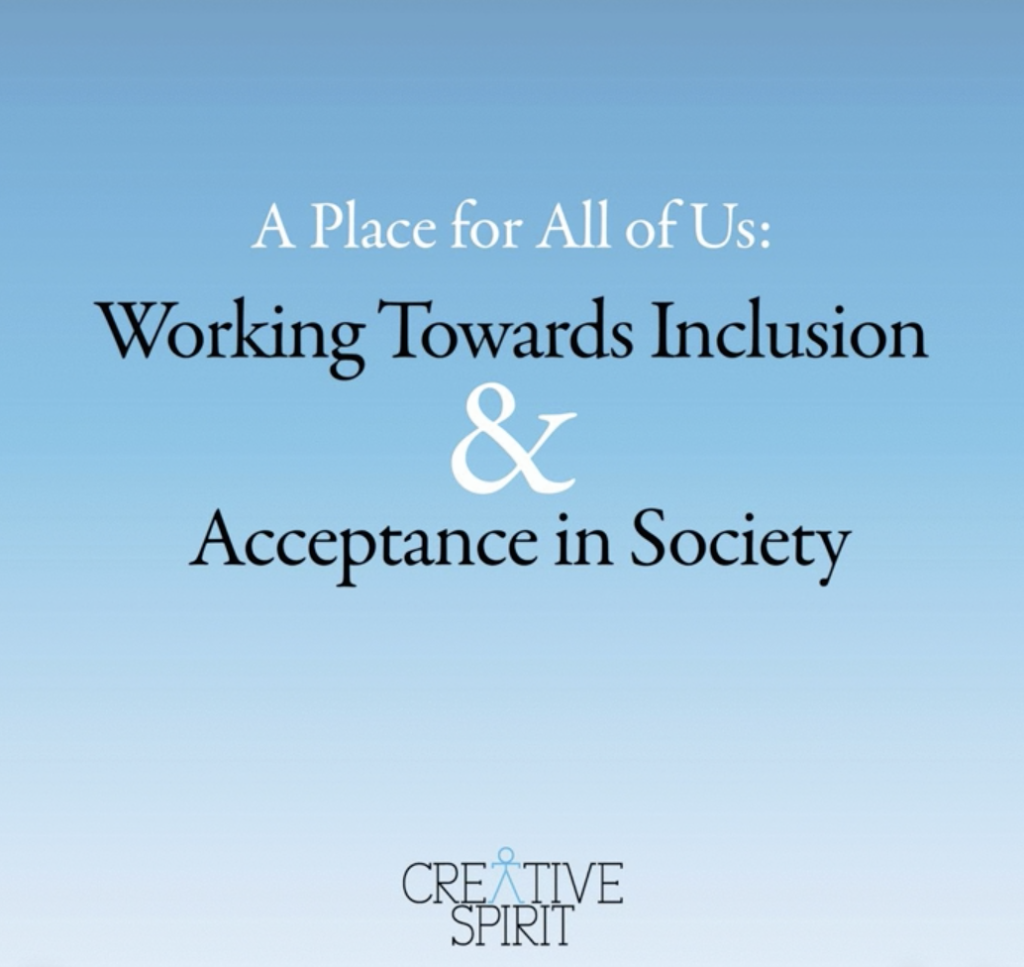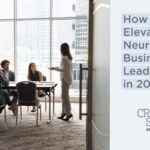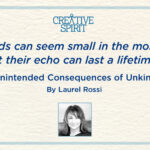
Despite the protections offered by the Americans With Disabilities Act (ADA), discrimination against people with disabilities has not disappeared. According to a 2019 Washington Post report, out of 252,599 closed cases of medical or disability discrimination, only 21% received relief, and only 2% had a discrimination finding. In 2019, the Bureau of Labor Statistics found that only 19.3% of people with disabilities were employed, compared with 66.3% of people without disabilities. Around the age of eight or nine, I was diagnosed with Asperger’s Syndrome. At the time, I had little to no understanding of what the “autism spectrum” was, or what the diagnosis even entailed. What I did understand was that I was somehow “different”, due to the constant bullying I was subjected to, and the lack of understanding from teachers. Through maturity and time I’ve been able to improve my social skills and succeed at forming lasting friendships, but the sting of those painful experiences still lingers with me to some extent. I admit to feeling some discomfort at the thought of being branded as “disabled,” which in my mind suggests being deficient or defective in some way. If my peers can succeed without needing special accommodations or support, why can’t I? That said, I do understand the need for these accommodations, and I am appreciative that they exist. Place For All Of Us
When it comes to employment, I fortunately haven’t experienced outright discrimination due to my Asperger’s diagnosis, though this may be because of my instinct not to advertise it, especially to prospective employers. Most of this is due to my gut feeling that for many employers, there is still a stigma attached to any kind of “disability” that might require special accommodations. When interviewing for a role with a special needs nonprofit, I did decide to make an exception and explain my diagnosis, due to the context of the job. I was taken aback, and I admit slightly annoyed, when the hiring manager told me that my having Asperger’s was obvious to him right off the bat! He also added that, due to its removal from the DSM, Asperger’s is no longer even a “thing.” From an autism-focused organization, I would have expected more sensitivity and tactfulness, to say the least.
With all of that said, my intention here isn’t to wallow in self-pity. I understand that my experiences with discrimination have been mild compared to those of countless others who have faced far more serious struggles. I can also empathize with the frustration and pain in being made to feel like an “other.” When aspects of daily life that most take for granted, such as work and school, begin to feel like an exclusive club that one has inexplicably been shut out of, there is a huge blow to self-esteem. As a realist, I understand that societal change requires massive, sustained effort. For countless people with disabilities, finding employment will continue to be an uphill battle. Nevertheless, I remain cautiously optimistic, and hope that society will continue moving in an increasingly empathetic, inclusive direction. Even in 1991, a Lou Harris poll (cited in a University of Florida Health report) found that 98% of people questioned believed that all people, including those with disabilities, should have equal opportunities to participate in mainstream society. In short, there is a place for all of us, and no one should be made to feel like an “other” or devalued simply for being who they are. Place For All Of Us






